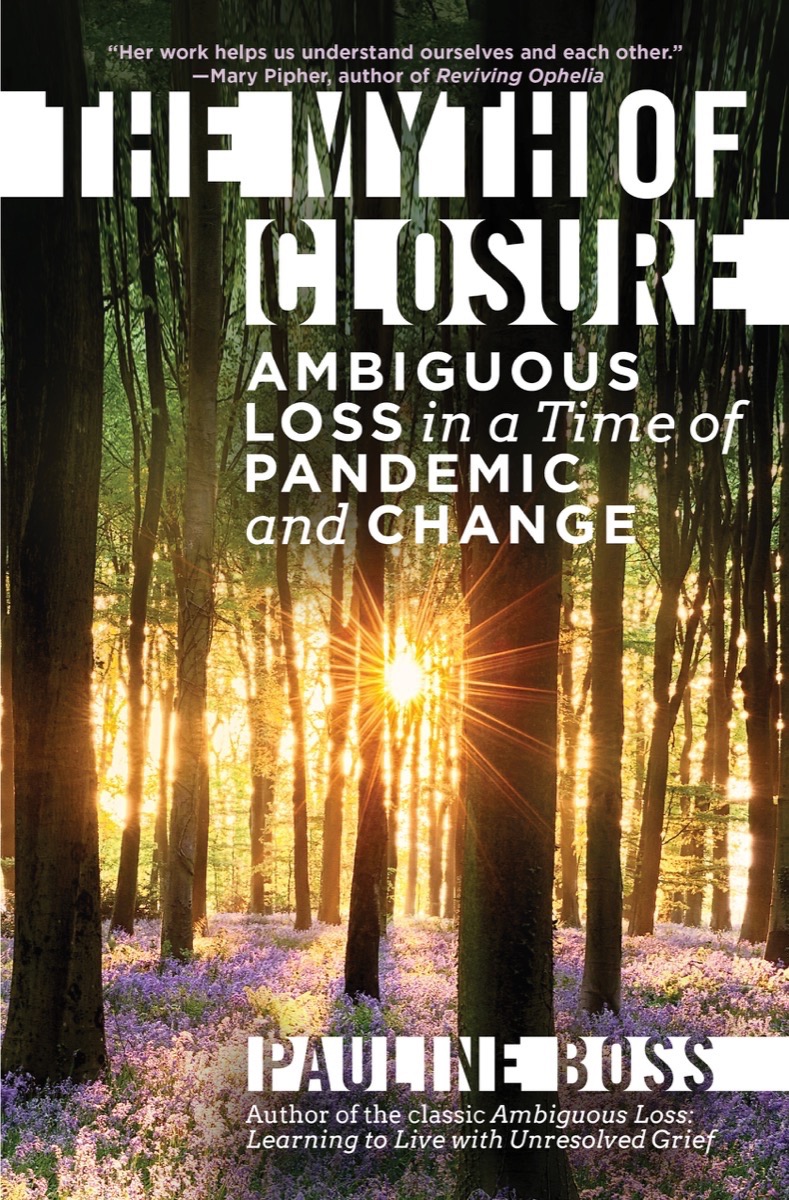What do you think?
Rate this book


192 pages, Hardcover
First published December 14, 2021
For example, if we have a high tolerance for ambiguity, we may not be immobilized by conflicting thoughts. But if we binary thinkers and like precise answers, we may exhibit so much distress from ambivalent feelings that we rush to absolute solutions, like denying that anything is wrong or needing closer on the matter.